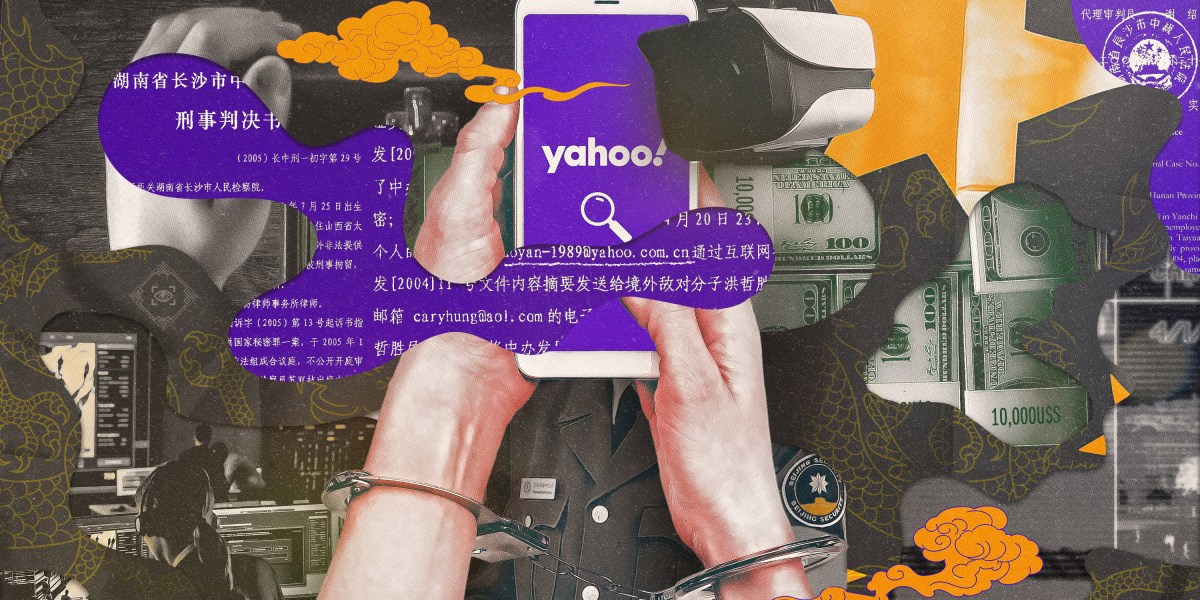
When you think of Big Tech these days, Yahoo is probably not top of mind. But for Chinese dissident Xu Wanping, the company still looms large—and has for nearly two decades.
In 2005, Xu was arrested for signing online petitions relating to anti-Japanese protests. He didn’t use his real name, but he did use his Yahoo email address. Yahoo China violated its users’ trust—providing information on certain email accounts to Chinese law enforcement, which in turn allowed the government to identify and arrest some users.
Xu was one of them; he would serve nine years in prison. Now, he and five other Chinese former political prisoners are suing Yahoo and a slate of co-defendants—not because of the company’s information-sharing (which was the focus of an earlier lawsuit filed by other plaintiffs), but rather because of what came after. Read the full story.
—Eileen Guo
Five things you need to know about the EU’s new AI Act
Two and a half years after it was first introduced—after months of lobbying and political arm-wrestling, plus grueling final negotiations—EU lawmakers have reached a deal over the AI Act. It will be the world’s first sweeping AI law.
The AI Act was conceived as a landmark bill that would mitigate harm in areas where using AI poses the biggest risk to our rights, as well as banning uses that pose an “unacceptable risk.”
The new legislation should introduce important rules and enforcement mechanisms to a sector that is currently a Wild West. Melissa Heikkilä, our senior AI reporter, has five key takeaways—check them out.
This story is from The Algorithm, our weekly newsletter giving you the inside track on all things AI. Sign up to receive it in your inbox every Monday.
